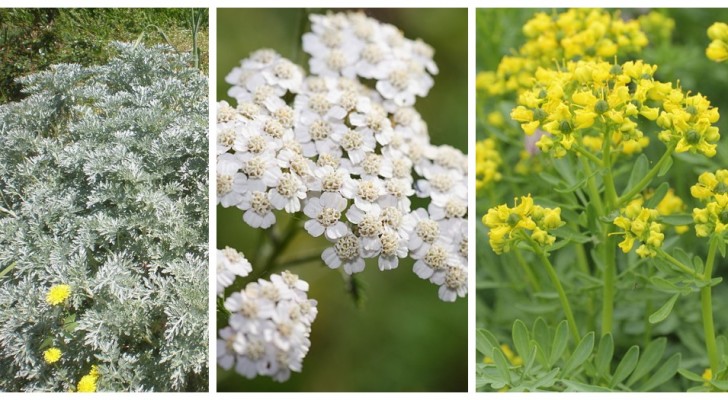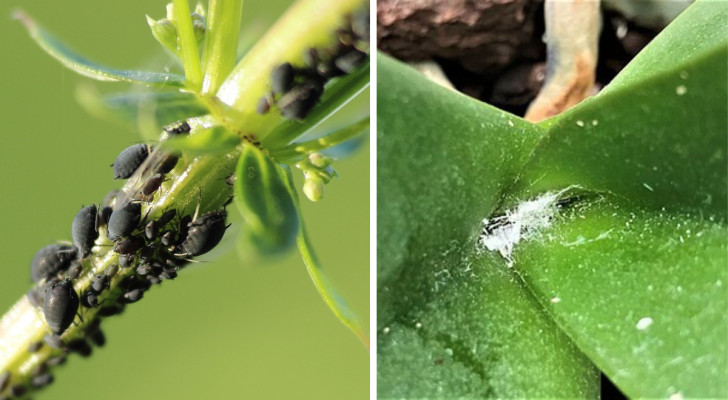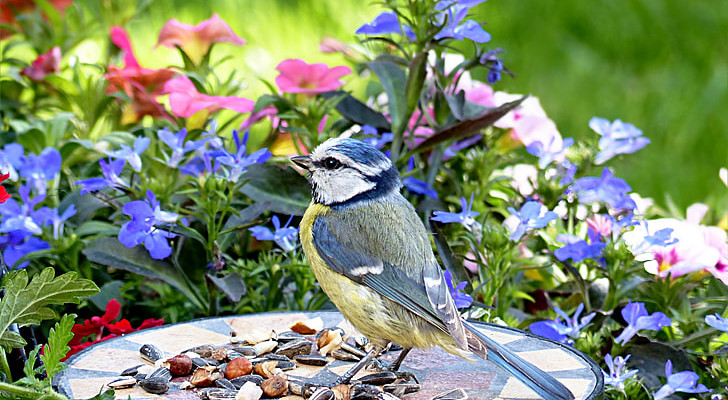Ticks in the garden? Discover 6 ways to eliminate them and protect yourself and your pets
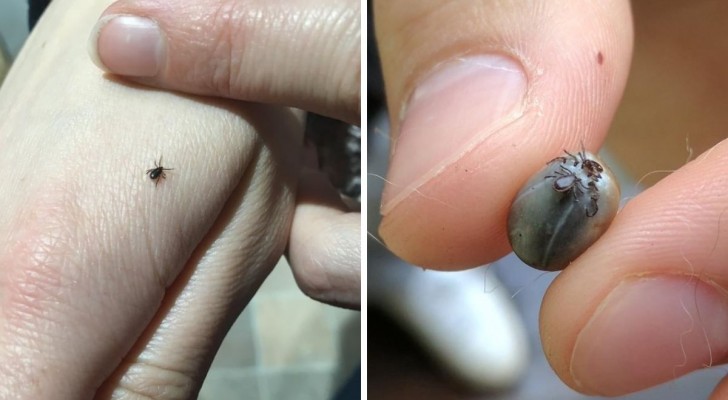
Anyone who has a garden and/or pets knows that ticks can be dangerous. These parasitic insects feed on the blood of their hosts and can sometimes even get under the skin. The saliva from ticks is a big health risk because it can easily transmit serious diseases, such as Lyme disease, sleeping sickness, and more. And ticks are as dangerous to humans as they are to our pets.
Ticks are found in the wild countryside, of course, but can also be found in domestic settings. This means that it is not rare to find them in our gardens, especially from spring to late summer. The months in which it is easier to spot ticks on dogs and cats are from May to July.
What can be done to keep ticks away from our gardens? There are a few remedies you can try.
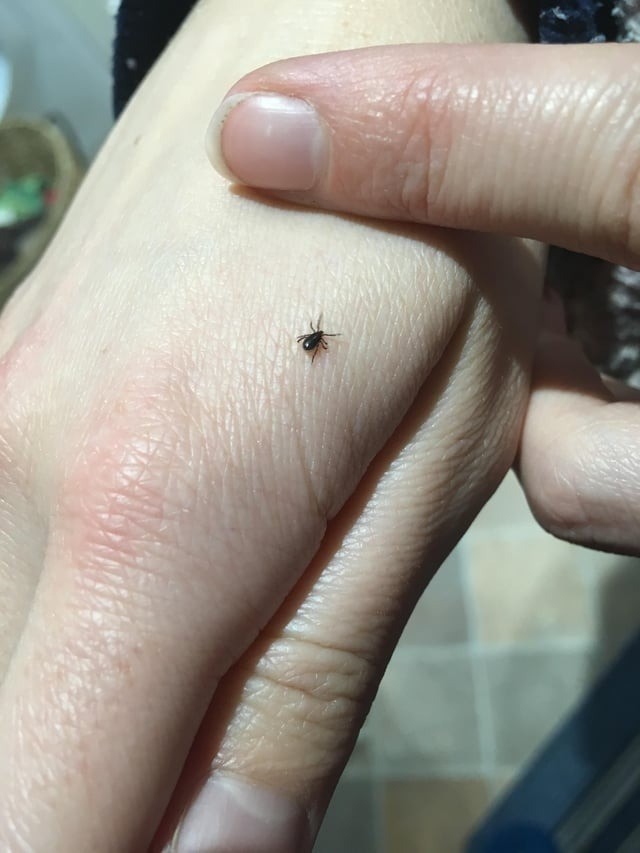
How do you know if there are ticks around? If we have animals, we need to inspect them very often, but there is also a tip that can help. Since ticks settle on fronds and leaves where they can latch on to animals that brush past them, you can take an old, light, white cloth or sheet and pass it over the plants or grass in your gardent. Then, check to see if you have picked up any ticks.
If you do find ticks, here's some remedies to try:
- Diatomaceous earth, also known as diatomaceous soil: it is a powder obtained from the fossil sediments of single-celled algae called diatoms and can be found online or in agricultural supply stores. When parasites such as ticks (but also other insects harmful to plants) ingest the diatomaceous earth, it absorbs the liquids and fats of their exoskeleton, killing them. It must be sprinkled directly on the ground around the plants or wherever the presence of ticks is known. It is recommended to wear a mask to avoid inhaling this earth, and to follow the instructions on the package with regard to the correct quantities to use.
- It is said that some plants can act as tick repellents. Specifically, garlic, sage, mint, lavender, rosemary and marigold are recommended due to the essential oils they contain (and which ticks avoid). These plants could therefore, be a good choice for planting as borders and/or close to the house or on windowsills and balconies.
- Make the garden less attractive to certain types of wildlife, especially rodents that often carry ticks on them. Consistent maintenance, and regular checking of areas with thick vegetation or tall grass, is essential.
- The garden can also be designed to discourage the presence of ticks: ticks love shaded and humid areas, so make sure you don't let areas of your garden become overgrown.
- Cedar wood chips: Spreading these chips on the ground, using them as mulch, is another method to discourage the presence of ticks.
- Attract birds and other animals that prey on ticks: jays, thrushes, sialia (bluebirds) also feed on these parasites. As do geese, ducks and turkeys!
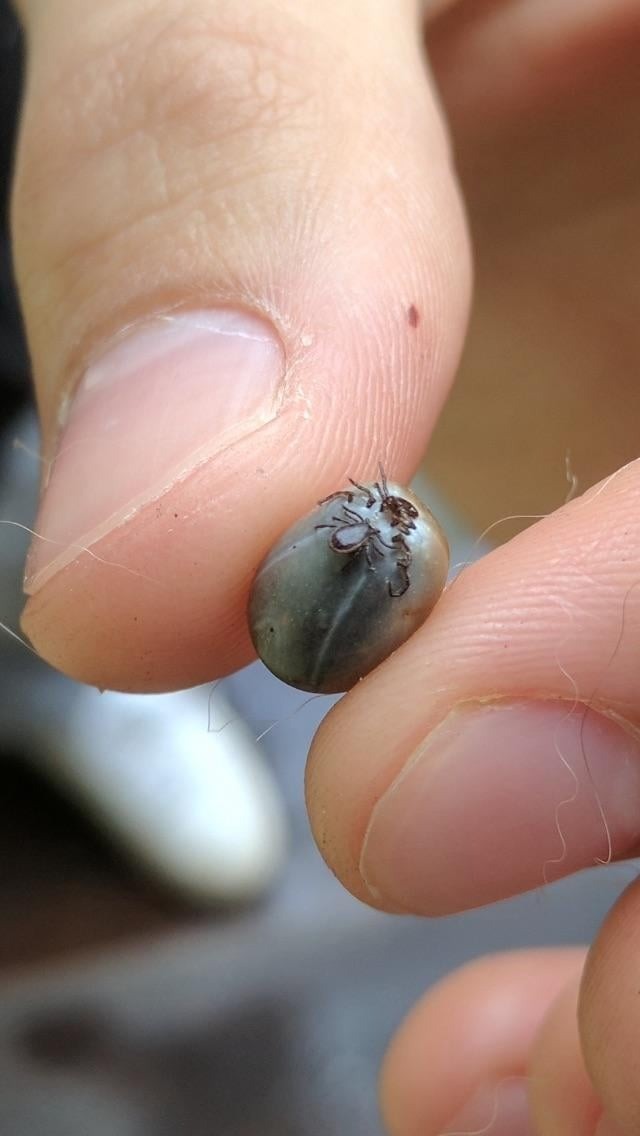
As far as your pets are concerned, consult your vet for the best repellents: drops to be administered to the fur once a month are the most convenient, but anti-tick collars, Neem oil and other remedies can also help. And there are also repellents that we can use on our skin, just like those used for mosquitoes.
Ready to clear your garden of ticks?

